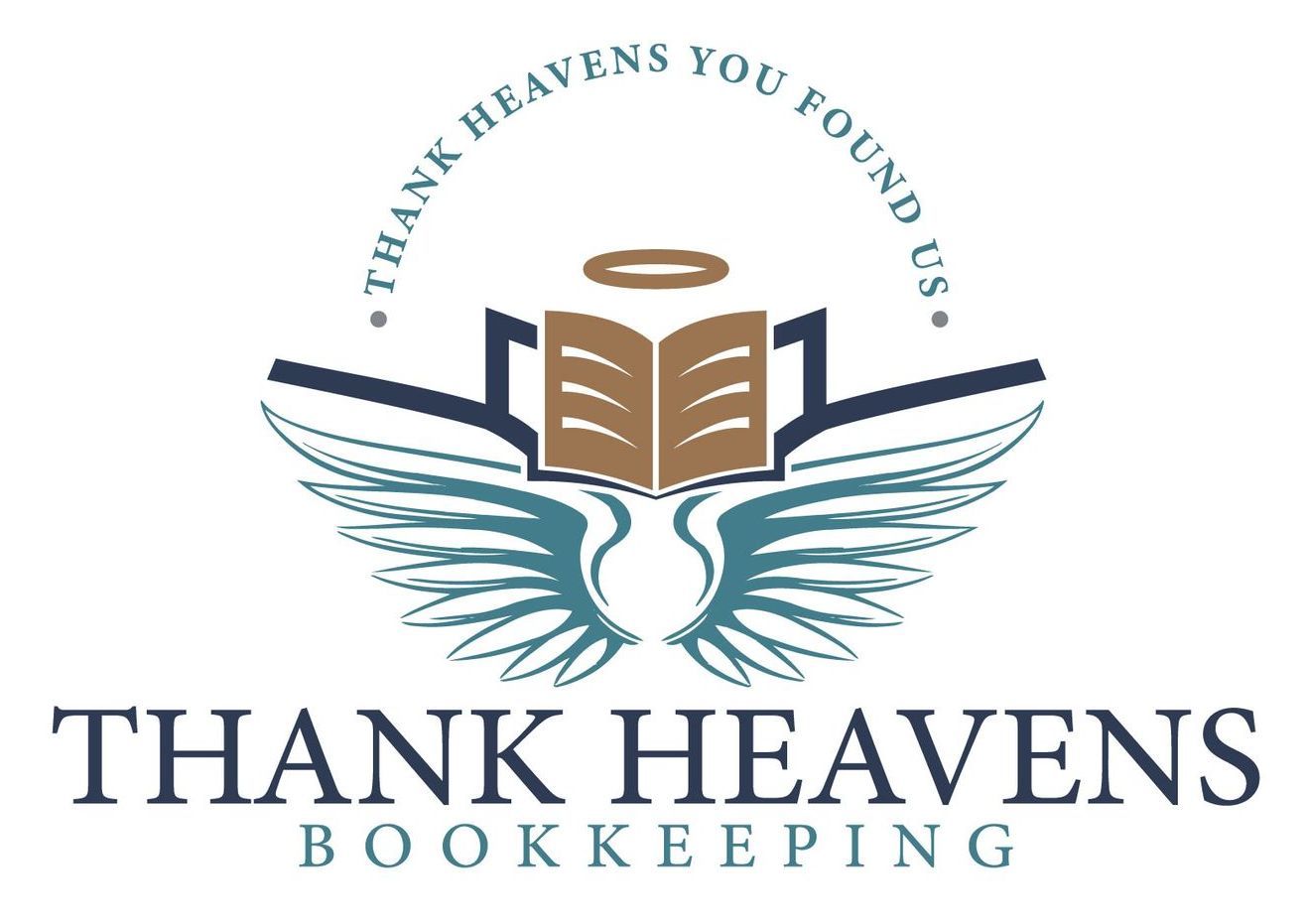Bookkeeping Services for Small Businesses — QuickBooks Made Simple
Helping business owners in Hanover, Pennsylvania and across the country save time, reduce stress, and get accurate financial insights.
Bookkeeping Services Designed for Small Business Owners
At Thank Heavens Bookkeeping, we know how overwhelming managing finances can feel. That’s why we provide trusted bookkeeping services for small business owners — whether you’re in Hanover, Pa or running your business remotely. With QuickBooks Online expertise, month-end reporting, and accurate bookkeeping, we give you peace of mind so you can focus on growing your business.
- Save time every week: Let us handle your invoicing, bank reconciliation, and bookkeeping tasks so you can focus on clients and growth.
- Stay tax-ready: We ensure your financial records are accurate and organized for easy reporting at tax time.
- Remote or local support: Work with a bookkeeper in your city or anywhere in the country — fully virtual services available.
- QuickBooks Online mastery: From setup to cleanup, we make your QuickBooks work for you, not the other way around.
Bookkeeping Support for Small Businesses in Hanover, PA
We understand local businesses have unique needs. Our local bookkeeping services include:
Remote Bookkeeping for Small Businesses Nationwide
Our virtual bookkeeping services let you manage your finances from anywhere. Services include:
QuickBooks Setup & Cleanup — Local or Remote
Missed a few months? No problem. We organize past records, clean up your accounts, and get you back on track — stress-free.
QuickBooks Made Simple — Without Doing It Yourself
Managing your business finances doesn’t have to be stressful. At Thank Heavens Bookkeeping, we provide professional bookkeeping services that save you time and help you focus on growing your business. Our virtual solutions and QuickBooks expertise make keeping your finances organized effortless.
Why Small Business Owners Choose Thank Heavens Bookkeeping
Hi my name is Josh Parsley I’m the owner of Thank Heavens Bookkeeping. At Thank Heavens Bookkeeping, I specialize in providing client bookkeeping solutions that save you time and give you clarity over your finances. We are a summer loving family. I’m a daddy to 3 wonderful children, 2 girls and a handsome little man. I’m a loving husband to an amazing wife. Right now, our roots are settled in Hanover, Pennsylvania. I love my family fiercely and would do anything for them.
I’m a dedicated online bookkeeper who enjoys providing my bookkeeping services for small business owners. I enjoy business so much because its all I have ever been around my career. I have worked for corporations for the last 18 years. Small business is the backbone to our country and I want to be right by there side the whole way through.
What Does Our Clients Say About Me
Get Bookkeeping Help Without the Stress
Ready to take control of your business finances? Get started today with bookkeeping services from Thank Heavens Bookkeeping.
Schedule a Free Consultation
- Talk through your situation
- Get clarity on next steps
- No pressure, no obligation
Thank Heavens Bookkeeping
176 Skyview Circle Hanover, PA 17331
📞 (717) 965-0680
🕒 Mon-Fri: 9am – 5pm
⭐ Check our reviews on Google Business Profile





